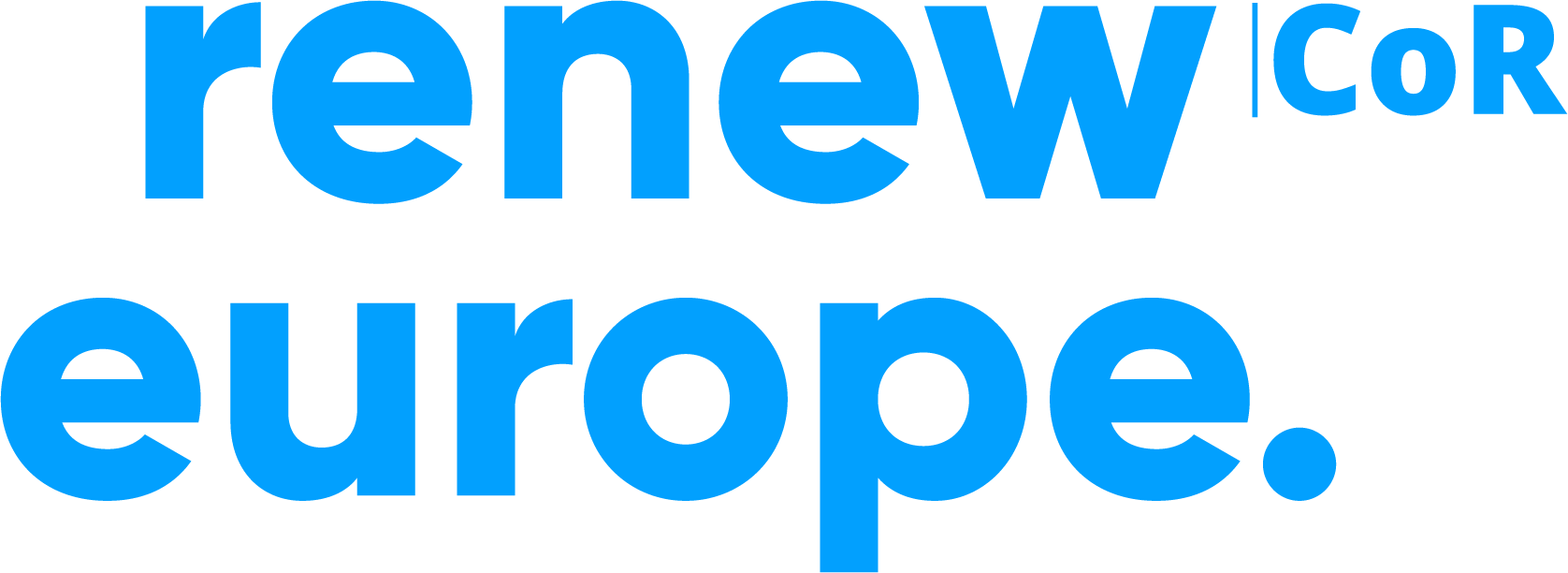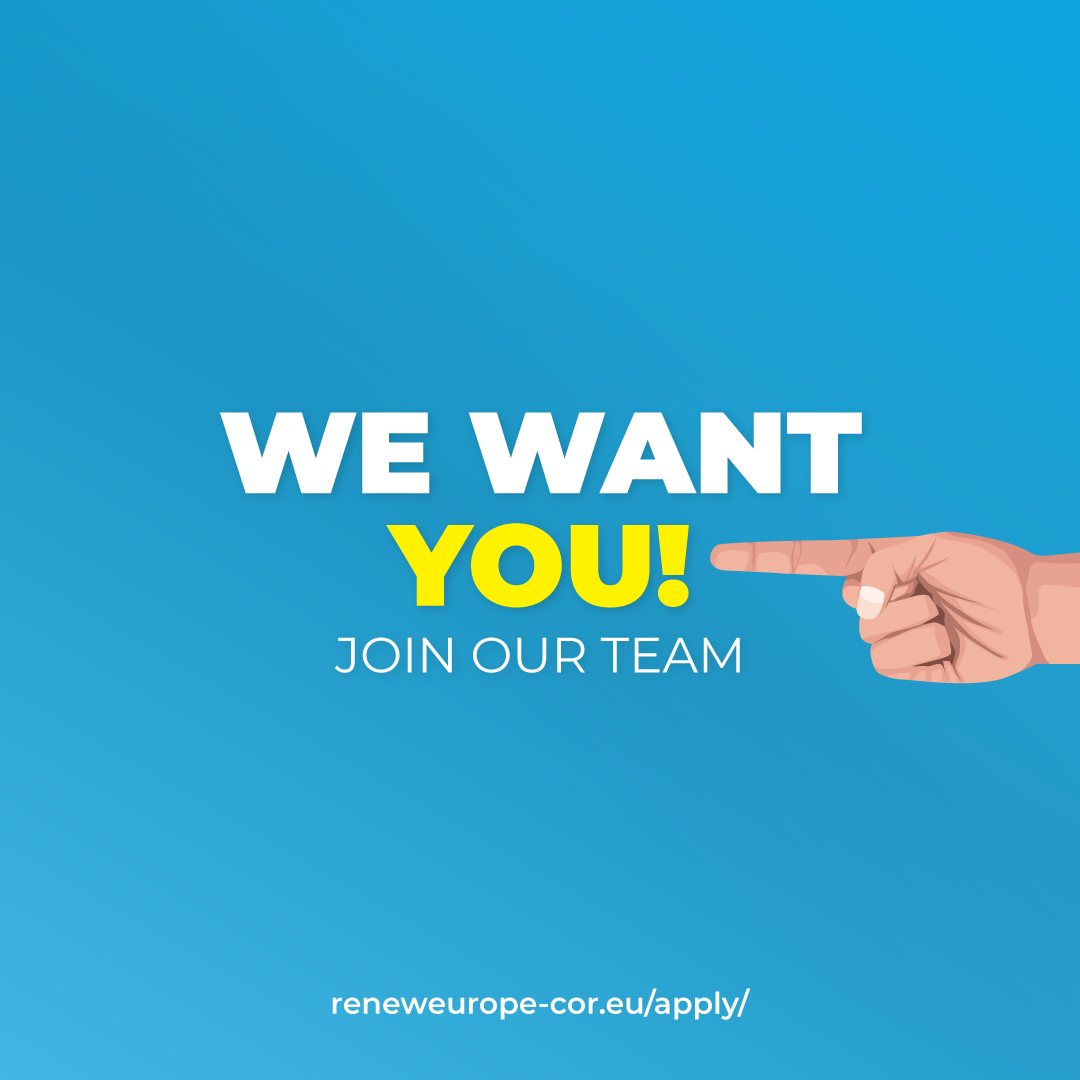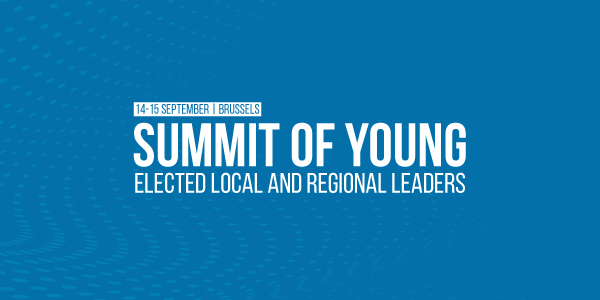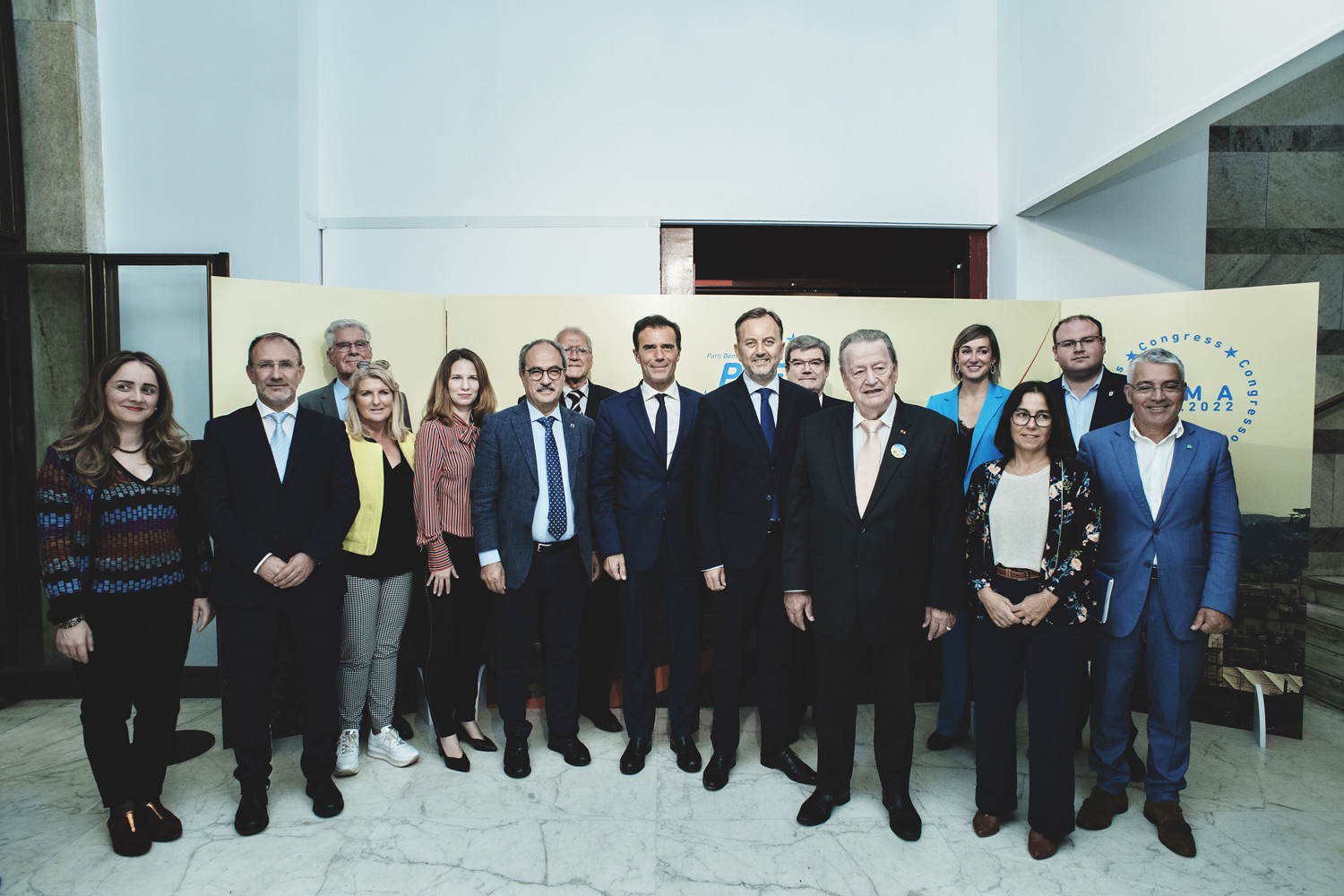As liberals, we believe that there is no successful migration policy without an effective integration policy, so to mark World Refugee Day, Renew Europe CoR recalls its recommended actions that liberal policy-makers should take towards a more successful migration policy:
-
-
-
- All liberal representatives in the EU institutions and in particular liberal Heads of State and Government to ensure that integration is placed high on the political agenda and becomes a permanent pillar of the EU’s migration policy;
- National liberal leaders and parliamentarians all across the continent of Europe to promote a positive approach to immigration as a necessity to prevent Europe’s expected population decline, and challenging anti-migration parties to explain how they propose to avoid the decline without immigration;
- National liberal leaders to make the case for local authorities to receive adequate resources to receive, welcome, and successfully integrate migrants and refugees;
- Liberal mayors throughout Europe, especially those that already lead by example integrating migrants and refugees, to exchange best practices particularly with smaller municipalities that often lack the same capacity to welcome and integrate migrants; points to the Mechelen model as a living and recognised example to follow.
-
-
This call for action was included in our resolution on the integration of migrants and refugees, which was successfully passed at the 2023 ALDE Party Congress in Stockholm, Sweden.
The United Nations Population Division has been consistently forecasting that the population of Europe has reached its peak and is expected to decline from 2030 onwards. In contrast, the population of sub-Saharan Africa is expected to double from 1 billion to 2 billion by 2050, and the distribution of population in 2050 around the globe will differ significantly from that of today. It will therefore be a major challenge to sustain economic growth in Europe, with declining fertility rates and an ageing population, while other continents continue to grow.
The anti-migrant rhetoric and policies observed throughout Europe contribute directly to Europe’s population decline, while an increasing number of rural communities are calling out for migration as the solution to social and economic needs. Within the European Union, the almost exclusive focus on stopping migrants from entering the Union (at the start of their journey and at the EU’s borders), leaves mayors and local authorities to resolve on their own how to integrate migrants already living in the EU, and unable to plan for those who will arrive in the future.
Subnational leaders therefore have a crucial leadership role to play to ensure that integration is successful in their regions and municipalities by applying zero-tolerance against discrimination, demanding respect for and enforcing the rule of law, working with schools, migrant families, and community leaders to build bridges, promote mixed neighborhoods, investing equally in all communities, fomenting inter-cultural dialogue, language learning, and establishing buddy schemes to facilitate integration at a micro level. This is known as the Mechelen model as championed by our former president Bart Somers who received the World Mayor Prize for his successful work of integrating migrants in Mechelen, Belgium.





